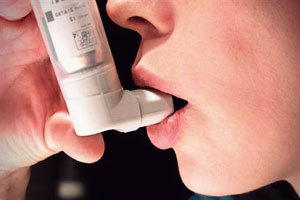When it comes to your health, do you want a Scottsdale allergy clinic that is superb or so-so? Finding a great allergy doctor can help you more quickly determine the cause of your allergies – and identify effective methods of control that can return your quality of life back to normal. What are the tricks to finding this paragon of knowledge?
Research reputation.
The best allergists will get results, gaining great word of mouth. Forget flashy advertisements - they will hold superior online and personal reviews. Don’t be afraid to schedule an initial consultation to interview the doctor and get references.
Get credentials.
Board certification by The American Board of Allergy and Immunology (ABAI) shows an allergy doctor has the training and experience necessary to get the results you need, and a lack of malpractice claims and disciplinary actions means your health is safe in their hands.
Verify experience in your condition.
How many has the allergist treated? The more, the better.
Consider gender.
Gender-specific care is becoming increasingly common. Does the doctor have experience treating the allergy in your gender, or does your allergy involve an issue you’d be more comfortable discussing with a particular sex?
Love their location.
Does the allergy doctor in question have offices conveniently located to you, with scheduling that meets your hectic lifestyle? If these things don’t fit, you’re unlikely to follow up on treatments and get results.
Hone-in on hospital quality.
- Is the hospital the allergist has privileges at top-rated and conveniently located? Both accessibility and quality can effect outcomes in situations in which hospital care is necessary.
- Rely on respect.
- A superior allergist will be open to questions, interested in getting to know you, and considerate of your treatment preferences and decisions. Asking questions and noting responses is a great way to gauge communication styles.
It’s your health. Find the right area allergist to help you. Contact a top rate allergy clinic near you today.
